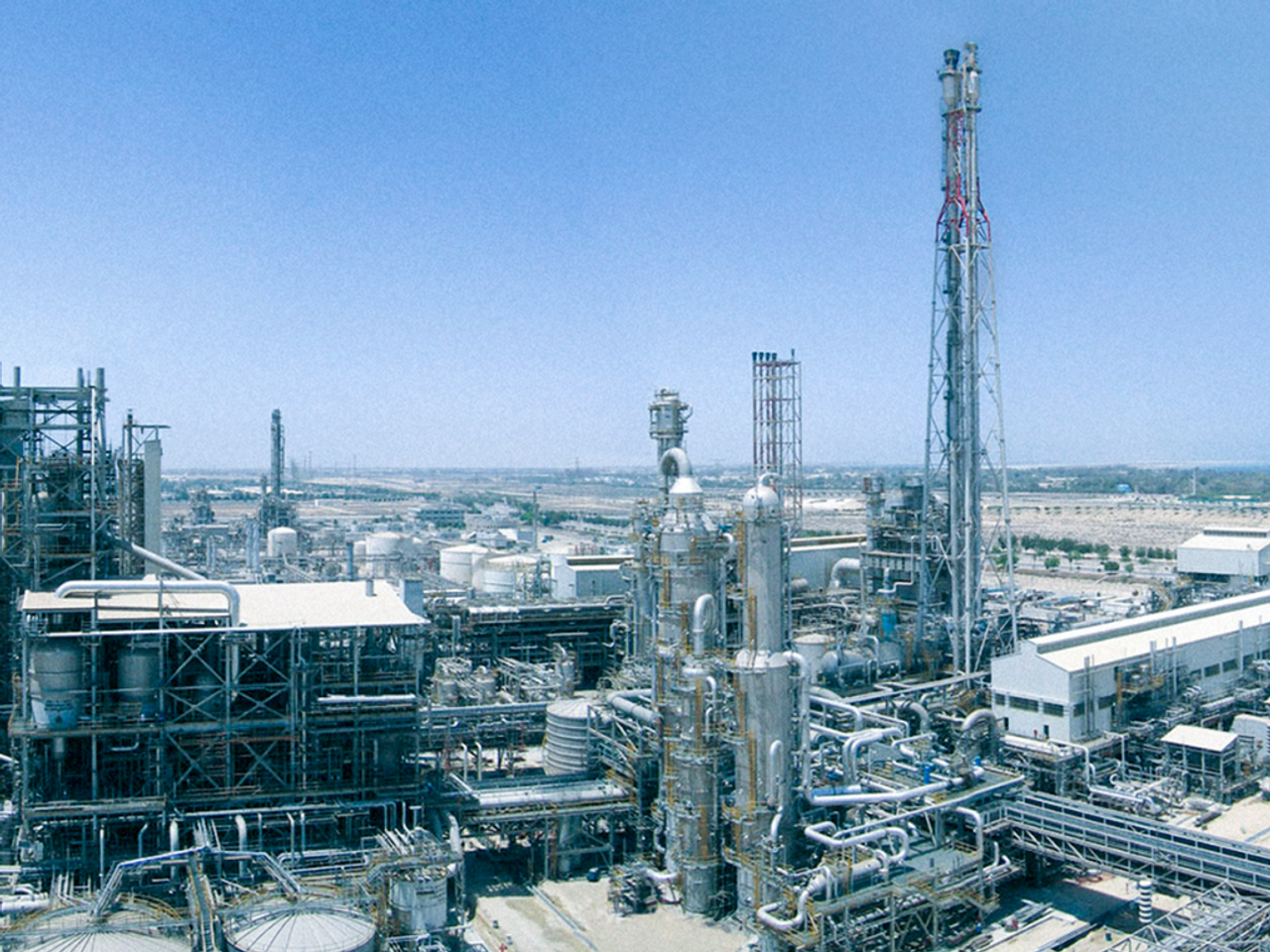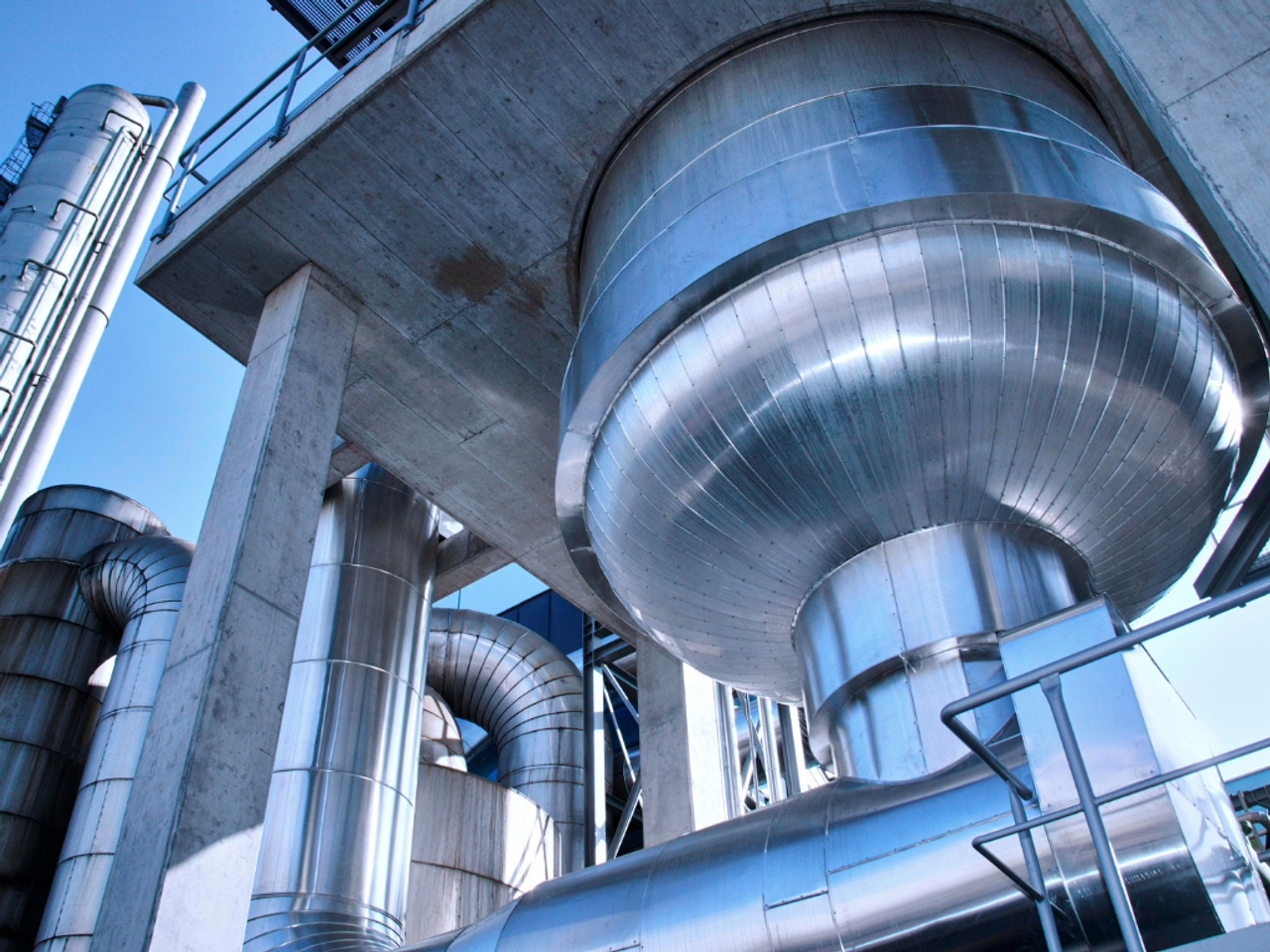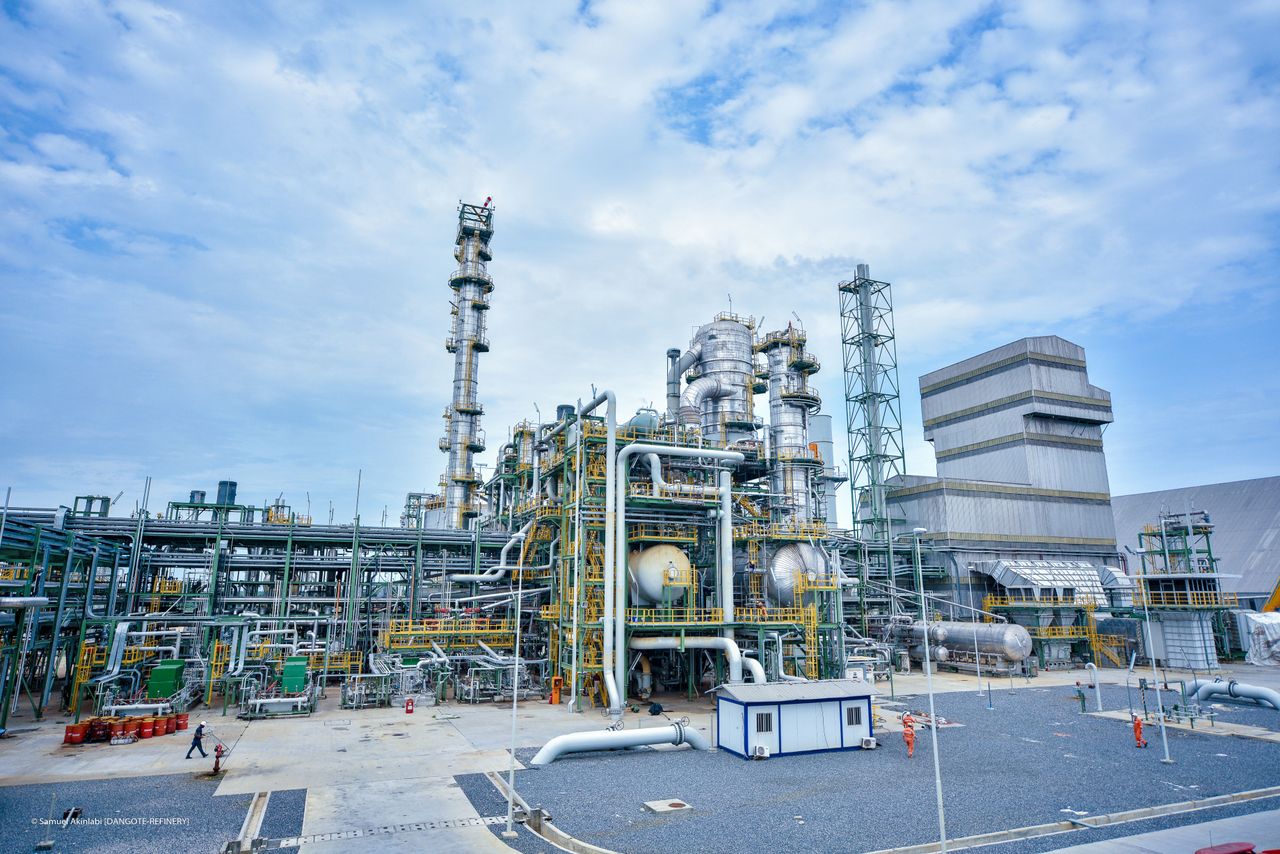100+ years of expertise & proven industry performance
One-stop-shop solutions based on in-house technology and EPx capability
Top references
Trusted by industry leaders: Our reference projects

When Safco/SABIC, one of the world’s leading ammonia and urea producers, saw an opportunity to increase production, they needed a solution that kept energy use steady, urea output unchanged, and downtime minimal. thyssenkrupp Uhde demonstrated its expertise in large-scale precision-led upgrades by scaling up the plant from 3,300 to 3,670 tpd with just a 70-day shutdown – delivering a flawless startup, optimized costs, and 4 million LTI-free manhours.

E-fuel technology has the potential to cut emissions by 70 %. Aramco and ENOWA are pioneers in the field, building the first plant for synthetic e-fuels for motorsports. Using thyssenkrupp Uhde’s green methanol technology and ExxonMobil’s MtG technology, the plant will produce 35 barrels of low-carbon synthetic gasoline per day. Using a modular design, Uhde is ensuring seamless project delivery, and a greener racing future.

When Orica, the world’s largest provider of commercial explosives, was looking to reduce its emissions at Kooragang Island, they installed our EnviNOx® technology. The result was the near-total elimination of nitrous oxide emissions, a 45 % reduction in emissions at the site, and an 11 % reduction in emissions across the national chemical sector. After the retrofit was successfully done in 15 months, additional units for Orica were installed in Canada, Indonesia, and Australia.
Contact us
Innovative chemical engineering starts with one conversation.
Get in touch today!
/thyssenkrupp_logo_claim_d.svg)






